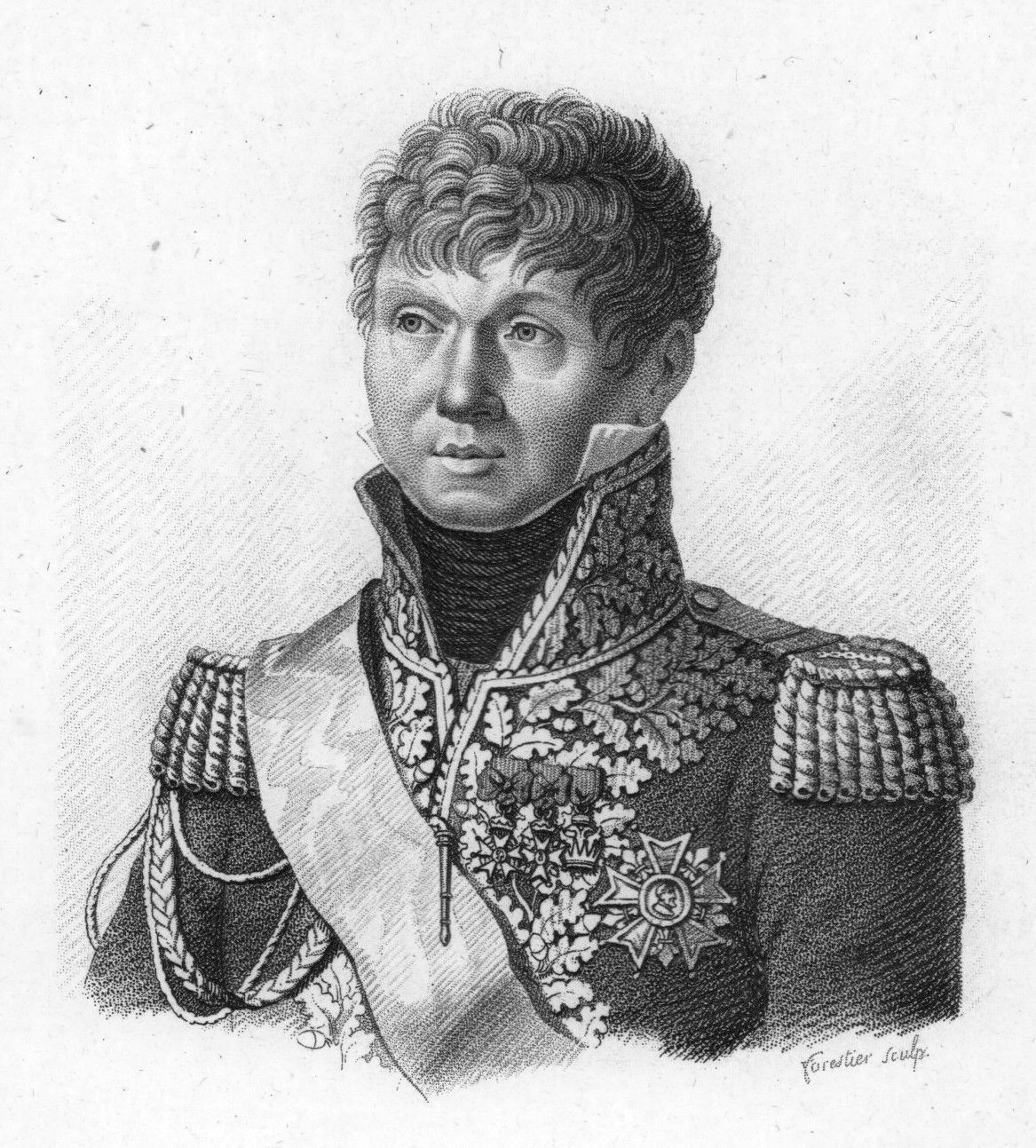British sight-specific theatre troupe's smash hit production Sleep No More wove together the universe of the Scottish play as well as Alfred Hitchcock's cinematic world, creating a mythical environment where participants explore as the story unravels around them. One of the characters the creators added to the story is Hecate as the queen of the witches that appeared to deliver the oracle for Macbeth. See my illustration of the story (the one top left is Hecate):
 |
| My Illustration of Sleep No More |
Hecate is actually an ancient goddess of witchcraft as well as various things like the torch, light, fire, the moon, crossroads... in short, anything with an air of mystery. She appears in the tripartite state of nature, usually with three faces (phases). Three, of course, is probably considered the most magical number of them all, and most powerful too: the unbreakable holy trinity just for an example.
 |
| Hecate facing three directions by Richard Cosway |
The presence of Hecate is proper as the poet enters the realm of the Muslim. The Byzantium symbol of crescent and star had been linked to the goddess since late Hellenistic civilization (one example of Hellenistic period art is Venus de Milo). The people of Byzantium had been quite devoted to her ladyship, with a cult and everything, such as the counterpart of Athena's "fan base" on the Greek side. According to one theory, she is the sister of Leto, who mothers Apollo and Artemis. This relationship makes Hecate the aunt of the sun god and moon goddess. A pretty grand position if you ask me! Another less devine theory makes her a priestess, turned immortal by the Artemis.
Imagine being onboard of a ship, and you go on deck at night while all is silent, the kind of silent we cannot experience in modern times, and all you can hear is the murmur of the wind, and you set your mind aloof. The air would be filled with ancient stories and even though you're alone in the vastness between the sky and the ocean, you feel surrounded by gods with blessings of all kinds. You have a chance to meditate and travel by freewill. And you start to miss the best times of your life... Byron had an emotionally tormenting childhood and teen years because of his complicated relationship with his mother and his lameness. It's only conceivable that he would be constantly imagining another kind of life if he could start over. His "escape from reality" is made possible because of title and financial support, romanticized because of his brilliance in handling words. On a lighter note, he also experienced major personal growth through those voyages, as the level of maturity becomes more and more apparent between the lines.
The generally shorter lifespan of people back in 19th century makes it understandable that a 24-year-old would have deep contemplation and acute awareness of his own mortality, thus constantly look in retrospect within himself. The moon, the lone vessel and the sound of the waves set the mood.
Being aware of one's mortality at a comparatively young age can usually lead to two attitudes and results: 1. Give up and lament how nothing is possible to attain in a lifetime, or 2. Start living every day like it's the last, scaling all the mountain you can climb, crossing all the streams you pass along the way. Think of life as a story without an ending, but that doesn't mean you should give up the pleasure in the process. The best is always that little bit just out of reach, out of sight.
Think of it as a balance of active elements: when you're surrounded by acquaintances and you're socializing in the midst of a bubbling crowd, your mind would be processing only one thing at a time; however, when you're in the state of physical solitude, your mind becomes kaleidoscopic, and the world inside of you becomes infinite. "O God, I could be bounded in a nutshell, and count myself a king of infinite space", says Prince Hamlet the melancholy. Under arrest in Turin while serving, Xavier de Maistre wrote Voyage autour de ma chambre (Voyage Around My Room), published first in 1794. Quite a contemporary of Lord Byron, Xavier de Maistre later in his life also went on journeys to explore the world.

The mind is a boundless dimension, and those who master the art of using it are invincible, of course, note that knowledge still sets the base, otherwise the mind would be nothing but a vacuumed mote.
There are also two attitudes and results a vast amount of knowledge can bring one: 1. Become melancholic but nonchalant about worldly matters, for he understands the improbability of him being able to change anything; or 2. becoming much involved in all matters of the world, make changes or die trying. There's no say which way is better, but I would probably choose the latter, for the same reason I'd choose the positive reaction towards mortality. The entire human race could be considered as one living organism, and its evolution needs the effort of every single individual. The eremites, seem to me as though deactivated cells... however useful and perfectly cultured they might be, still useless.
And follow the footprints of Harold we shall land the anchor and step ashore once again, with another love story, and another world ahead.
"The world is not beautiful, therefore it is..."














































